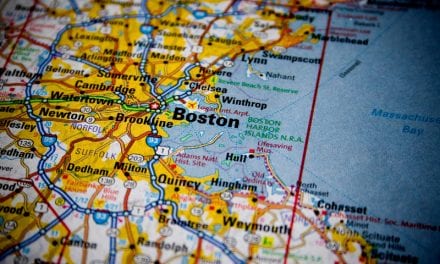
Researchers related heart attack risks to three major insomnia symptoms. Compared to people who reported never or almost never having these problems, people who:
• had trouble falling asleep almost daily in the last month had a 45% higher heart attack risk;
• had problems staying asleep almost every night in the last month had a 30% higher heart attack risk; and
• didn’t wake up feeling refreshed in the morning more than once a week had a 27% higher heart attack risk.
"Sleep problems are common and fairly easy to treat," said Lars Erik Laugsand, MD, lead researcher and internist from the Norwegian University of Science and Technology Department of Public Health in Trondheim. "So it’s important that people are aware of this connection between insomnia and heart attack and talk to their doctor if they’re having symptoms."
Heart attack risk also increases with each additional insomnia symptom, researchers said.
The study was based on 52,610 Norwegian adults who answered questions about insomnia as part of a national health survey in 1995-97.
Researchers examined hospital records and Norway’s National Cause of Death Registry to identify 2,368 people who had first-time heart attacks during the following 11 years.
The researchers used survival analysis to adjust for factors that could influence the results such as age, sex, marital status, education level, blood pressure, cholesterol, diabetes, weight, exercise, and shift work. They also considered depression and anxiety, both of which can cause insomnia.
Researchers didn’t adjust for obstructive sleep apnea, and results may not apply to Americans because their daylight hours and sleep patterns differ from those of Norwegians, said Laugsand, noting that further study is needed.




